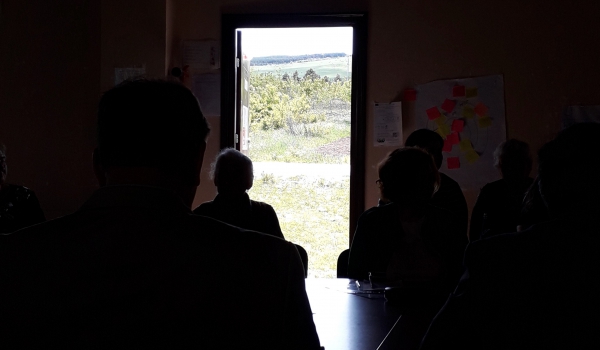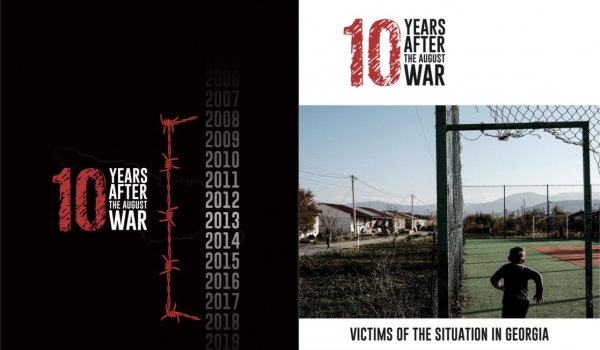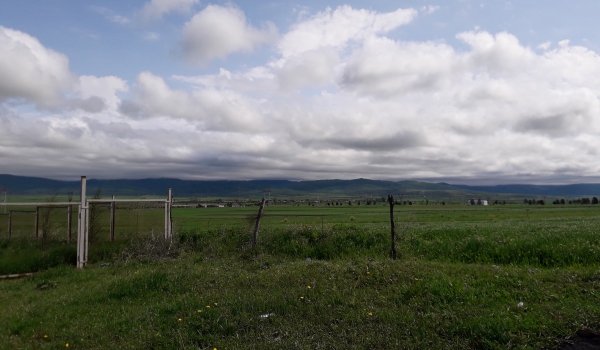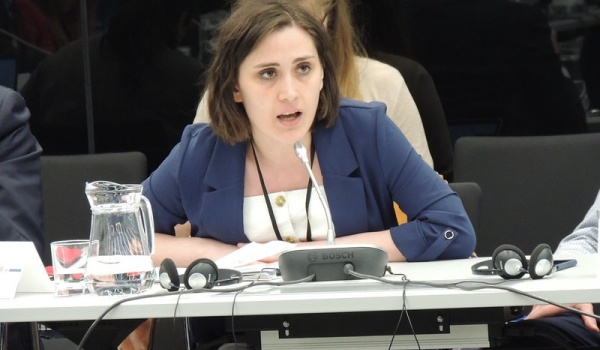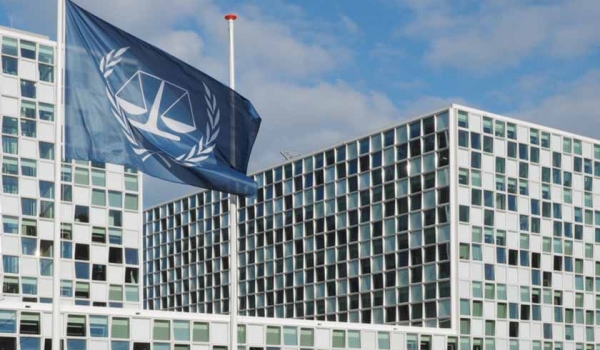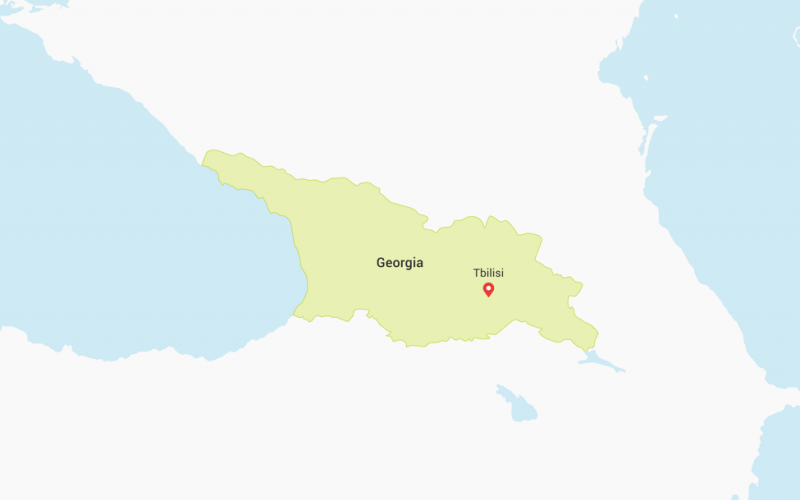
In January 2016, the ICC opened an investigation into war crimes and crimes against humanity allegedly committed between 1 July and 10 October 2008 by all parties to the South Ossetia conflict, including Georgia, Russia and South Ossetian separatist rebel
Situation phase:
Investigation – ongoingRegions:
EuropeGeorgia ratified the Rome Statute on 5 September 2003 and subsequently implemented legislation to bring its laws in line with the Statute to allow for full cooperation with the ICC and national prosecutions of grave international crimes. In January 2016, after concluding domestic proceedings had stalled, the ICC opened an in proprio motu investigation into war crimes and crimes against humanity allegedly committed by all parties to the August 2008 South Ossetia conflict, including Georgia, Russia, and South Ossetian separatist rebels. This is the first full ICC investigation outside Africa.
